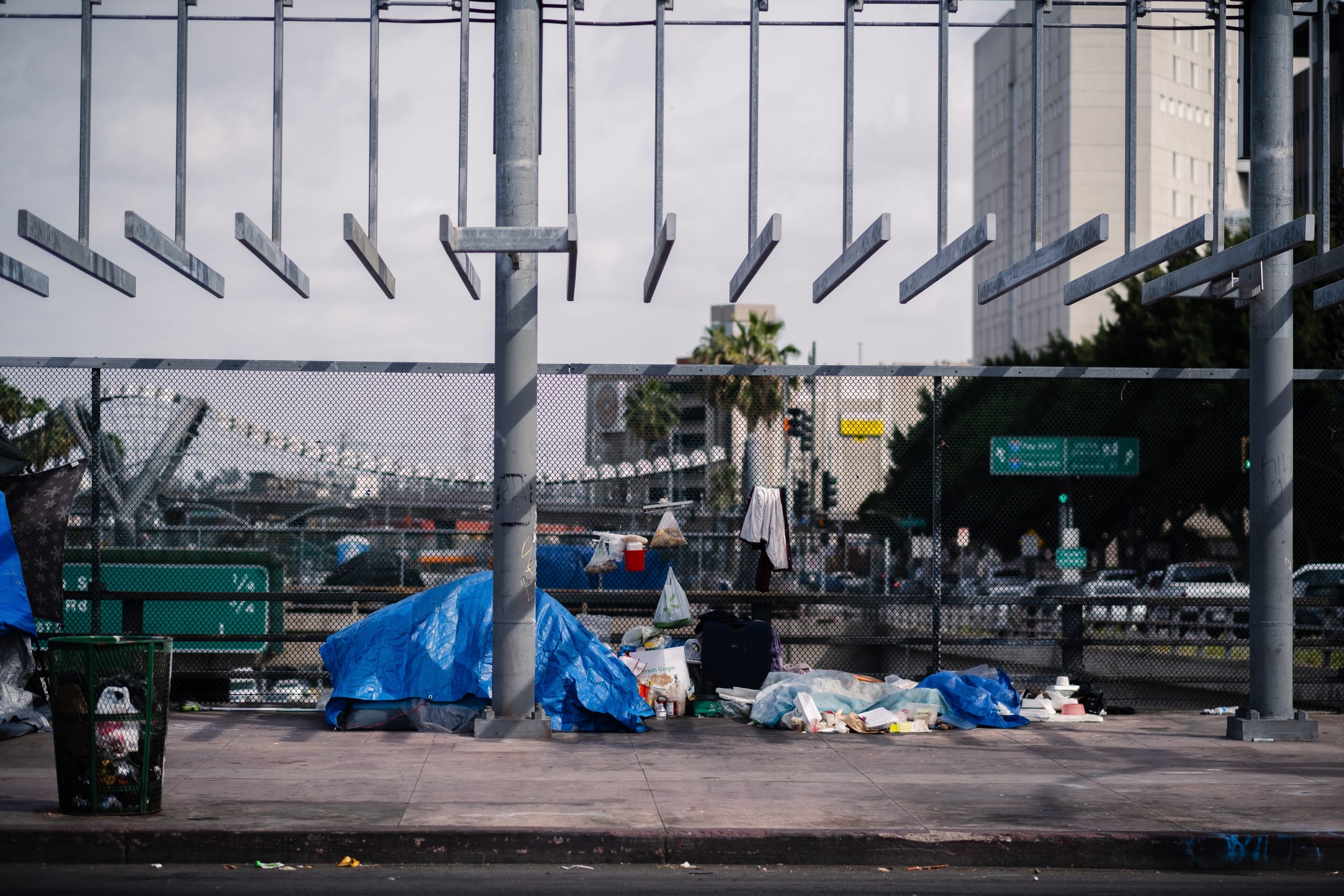
Matt Bush, FISM News
[elfsight_social_share_buttons id=”1″]
Los Angeles County began its guaranteed income program yesterday that will provide 1,000 residents with $1,000 per month for the next three years.
The County chose 1,000 people from 180,000 applications, along with 2,000 households that were chosen as a “control group.” The idea is to use the program, nicknamed BREATHE, as research to decide if a larger, more permanent program would serve the county well in the future.
“Given the huge number of LA County residents who applied, it’s abundantly clear that a guaranteed basic income is an idea whose time has come,” said BREATHE supervisor Sheila Kuehl. “I’m confident that we will see what other pilots have already shown: that a guaranteed basic income, by giving people a bit of financial breathing room, allows them to stabilize their lives and that of their family.”
Jon Coupal, President of the Howard Jarvis Taxpayers Association, a nonprofit standing up for taxpayer rights, and many others disagree with the efficacy of the plan. Coupal called BREATHE nothing more than “pure politics.”
“There’s an old saying, ‘If you rob Peter to pay Paul, you can always count on the vote of Paul,’” Coupal said.
BREATHE was created as a poverty alleviation initiative that was predicated on getting financial relief directly into the hands of people who needed it. Participants were chosen based on certain qualifications as follows:
- Must be over the age of 18.
- Participants must be residents of neighborhoods identified as being at or below the county’s Area Median Income (AMI) level.
- In a single-person household that falls at or below the AMI.
- In a household of two or more persons that falls at or below 120% of AMI.
- Were negatively affected by the COVID pandemic.
- Are not participating in other “Guaranteed Income” programs.
It was done through partnership between Los Angeles County and the University of Pennsylvania’s Center for Guaranteed Income Research (CGIR) as a randomized control trial.
BREATHE organizers claim it is a large research project with its stated goal being “to determine the impacts of guaranteed income on the overall health and wellbeing of recipients.”
However, the data collections spelled out by the program is subjective at best.
There are research activities that participants can, but are not required to, participate in to receive the $1,000 monthly. If they do participate in the survey they receive a $30 gift card, and if they participate in interviews they are compensated $40 per interview.
According to the study, the surveys will “include measures like physical health, mental health, income volatility, housing stability, spending, consumption, employment, education, family dynamics and parenting, stress and coping, hope and mattering, household food security, and COVID-19 variables.”
The surveys conducted at six-month intervals and the interviews conducted two times during the three year study are the only measurements of the success of the study.
Opponents believe that participants in these measures could easily feel like negative responses would lessen the likelihood of future payments, and therefore be untruthful. Additionally, the money is given out freely with no accountability and no real way to gauge the effects of the “free income.”
Coupal advocated for some type of government oversight of spending.
“If it’s the government’s money, they should absolutely be able to control how it’s spent. You don’t want people going out and buying cigarettes and booze with this,” Coupal said.
